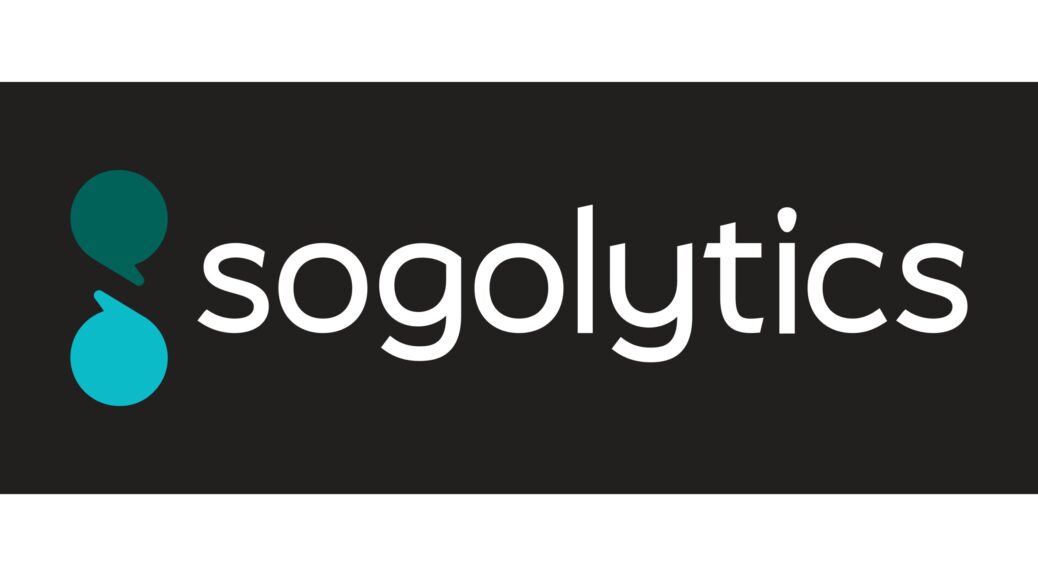The study reveals significant usage of social media among children, with 78% of adults noting that children use YouTube, followed by 64% for TikTok, and 44% for Snapchat. Despite age restrictions, 49% of adults reported that children often bypass these limitations to create accounts.
“Despite existing age restrictions, our findings highlight a significant gap between policy and practice, with many children under 13 actively engaging on social media platforms,” said Haris Azmi, CRO of Sogolytics. “This discrepancy underscores the need for more robust enforcement and parental vigilance.”
Key findings include:
- High Engagement: 31% of adults believe children spend 3 to 4 hours daily on social media.
- Access Methods: Most children access social media by creating their own accounts (49%) or through a parent or older sibling’s account (28%).
- Risk Awareness: Significant concerns include exposure to inappropriate content (80%), interaction with strangers (76%), and cyberbullying (72%).
Sogolytics’ research also highlights a strong community consensus on the need for vigilant monitoring, with 73% of parents and 75% of non-parents advocating for close supervision of children’s social media activities.
“The rise in anxiety and depression among young users is alarming,” Azmi continued. “As a community, we must recognize the profound impact social media can have on children’s mental health and take strategic actions to mitigate these risks.”
In related news, Virginia Governor Glenn Youngkin recently issued an executive order to eliminate cellphone use in public schools across the state, citing concerns about the mental health crisis among teens and deteriorating academic achievements linked to extensive social media and cellphone use. The state is developing guidance for local schools to establish “cell phone-free education,” aiming to reduce distractions and promote a healthier educational environment.
This directive, along with Sogolytics’ study, highlights the increasing awareness and action being taken to manage children’s digital interactions both in and outside of the classroom.
The report calls for enhanced digital literacy and stricter regulatory measures to ensure children’s safety online. These findings are particularly timely, given the rising concerns about the mental and social impacts of early social media exposure highlighted by recent health studies.
The data for the study was collected in June 2024, involving 1,190 participants from the Northern Virginia region. The participant pool included both parents and non-parents, aiming to provide a well-rounded view of the community’s stance on underage social media use.
To read the full report, click here. To learn more about how Sogolytics works to help organizations to collect their own data and uncover insights from their most important audiences, connect here.
About Sogolytics: Sogolytics stands at the forefront of experience management solutions, empowering businesses to efficiently capture, analyze, and act upon customer and employee feedback. Committed to innovation and driven by a dedication to its clients, Sogolytics is reshaping the landscape of customer and employee engagement. For further information, please visit Sogolytics.com.
Media Contact
Melissa Krut, Sogolytics, 1 7035429624, [email protected], https://www.sogolytics.com/
SOURCE Sogolytics


